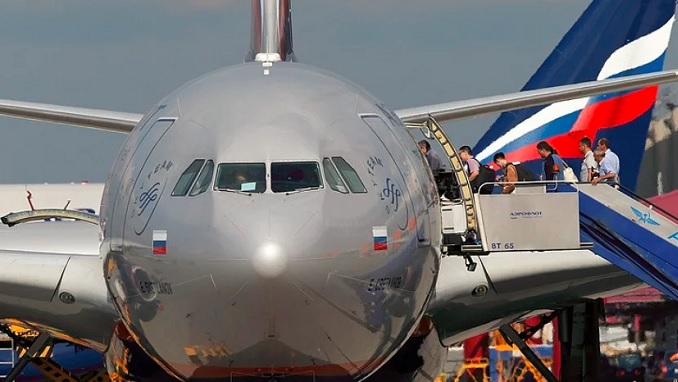Russia intends to cancel international roaming with Armenia, Kazakhstan, and Kyrgyzstan by 2025, Vedomosti reports, citing the Eurasian Economic Commission (EEC) survey application which was sent to all major mobile operators of the allied countries within the Eurasian Economic Union (EAEU) and to the Russian Federation’s Ministry of Economic Development.
In a letter sent to the EAEU communications providers, the EEC requested that they provide the commission by April 14 data on the number of their clients, the amount and cost of cellular services for mobile users from January 1, 2020, to December 31, 2022, as well as information on fair tariffs for cellular services in international roaming.
The request from the EEC was accompanied by a road map of roaming cancellation in the union under which the communications providers are requested to develop ‘rules of use of ‘fair communication services’ tariffs’ in the member states of EAEU by the end of 2024 and reduce the international interconnect rates on mobile services by 2025 while introducing in the same period corresponding tariffs for cellular services for users in the union’s countries.
After discussing the issue for several years, Russia and Belarus, which is also a member of the EAEU, agreed to abolish int’l roaming on the territory of the union state in September 2021.
The process was first agreed upon by the communications ministries of the two countries in 2018, after which they signed a roadmap in 2019. Now, Armenia, Kyrgyzstan, and Kazakhstan are next.
Representatives of Megafon, Russia’s second-largest mobile phone operator and the third-largest telecom operator, said that although the company is yet to calculate the net cost of tariffs and assess additional expenses, it is ready to consider the possibility of introducing comfortable tariffs for EAEU users.
Russia’s largest mobile network operator MTS, on the other hand, noted that the result of the road map, which includes logical stages of implementation, depends on the implementation of necessary measures by all participants but didn’t rule out income decrease in all communications providers due to the necessary innovations.
According to Denis Kuskov, CEO of Telecom Daily, the abolition of roaming on the territory of the EAEU is political in nature and aims to unite the member countries in a similar way to the one that has already been implemented in the EU.
EEC adopted its action plan on abolishing roaming charges in the EAUA in October 2021, which stipulated measures designed to enable mobile carriers’ direct interaction for handling international roaming traffic, to prevent, detect, and suppress fraud within their networks and to provide for organizing direct links between them.



